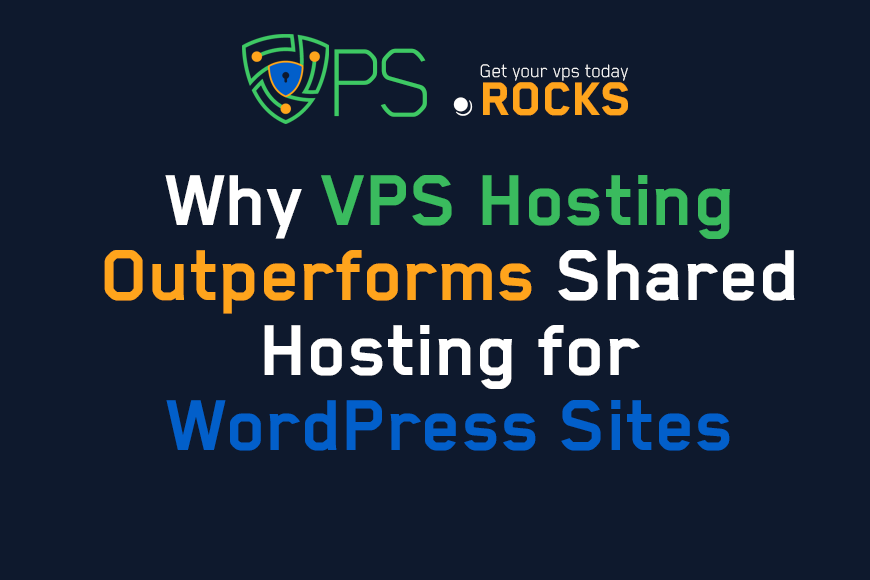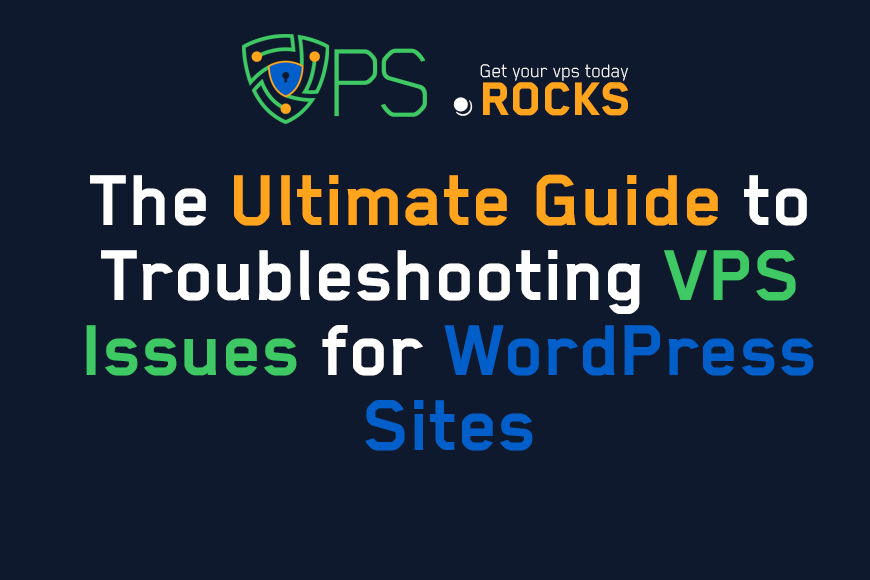
Why VPS Hosting Outperforms Shared Hosting for WordPress Sites
Content Tree
Why VPS Hosting Is the Best Solution for WordPress Websites
Your WordPress website is the digital face of your business. But when visitors face slow load times, downtime during traffic spikes, or security breaches, that face starts to look unprofessional. Shared hosting might have worked when you launched, but as your business grows, VPS (Virtual Private Server) hosting is the upgrade your WordPress site needs to perform reliably, securely, and at scale.
In this guide, you’ll learn:
- How VPS hosting works (and why it’s better than shared hosting)
- 5 performance benchmarks where VPS outshines alternatives
- A step-by-step framework to choose the right VPS plan
- Real-world examples of businesses that transformed their WordPress sites with VPS
1. What Is VPS Hosting? (And Why WordPress Loves It)
Imagine living in an apartment building versus owning a condo. With shared hosting (the apartment), you’re at the mercy of noisy neighbors hogging resources. VPS hosting is your private condo: dedicated resources, customizable spaces, and no shared walls.
Technical Breakdown:
- A physical server is divided into virtual compartments using hypervisor technology.
- Each VPS gets guaranteed RAM, CPU cores, and storage (SSD preferred).
- Full root access allows custom software installations (e.g., specific PHP versions for WordPress plugins).
WordPress-Specific Benefits:
- Resource Isolation: No “bad neighbor effect” from other sites on the same server.
- Scalability: Upgrade RAM or CPU in minutes during traffic surges (like Black Friday sales).
- WP-CLI & SSH Access: Advanced users can automate WordPress management tasks.
2. VPS vs. Shared vs. Dedicated Hosting: A Data-Driven Comparison
| Feature | Shared Hosting | VPS Hosting | Dedicated Hosting |
| Cost (Monthly) | 3–15 | 10–100 | 100–500+ |
| Resource Allocation | Shared, Unpredictable | Guaranteed, Isolated | Entire Server |
| Customization | Limited | Full Root Access | Full Hardware Control |
| Best For | Starter Sites | Growing Businesses | Enterprise Traffic |
Key Insight:
VPS strikes the perfect balance for WordPress users who’ve outgrown shared hosting but don’t need (or can’t afford) an entire dedicated server.
3. 5 Reasons VPS Hosting Supercharges WordPress Performance
3.1 Speed That Converts Visitors
- Fact: A 1-second delay in page load time reduces conversions by 7% (Portent, 2023).
- VPS Advantage: SSDs, dedicated RAM, and LiteSpeed servers cut WordPress load times by 50–70% compared to shared hosting.
Real-World Example:
An e-commerce site using WooCommerce reduced its checkout page load time from 5.2s to 1.8s after migrating to VPS, resulting in a 22% increase in completed purchases.
3.2 Security You Can Trust
- Problem: 43% of cyberattacks target small businesses (Verizon 2023 DBIR).
- VPS Solutions:
- Isolated environments prevent cross-contamination from other sites.
- Custom firewalls and automated malware scans (e.g., Imunify360).
3.3 Scalability Without Drama
Scale resources vertically (upgrading RAM/CPU) or horizontally (adding servers) during traffic spikes.
3.4 WordPress-Specific Optimizations
- Install caching plugins (Redis, Memcached) without restrictions.
- Configure PHP workers to handle simultaneous users.
3.5 Cost Efficiency
At 30–30–80/month, VPS offers enterprise-grade performance at 1/4 the cost of dedicated hosting.
4. How to Choose the Right VPS Hosting for WordPress: A 6-Step Checklist
- Assess Your Needs:
- Current traffic: <50k/month vs. 500k+
- Plugins/Themes: Resource-heavy setups (e.g., page builders) need more RAM.
- Managed vs. Unmanaged:
- Managed VPS (e.g., WP Engine): The host handles updates, backups, and security. Ideal for non-technical users.
- Unmanaged VPS (e.g., DigitalOcean): You control everything. Requires Linux/server management skills.
- Hardware Specs:
- SSD Storage: 2x faster than HDD for database queries.
- RAM: Start with 4GB for small sites; 8GB+ for WooCommerce/membership sites.
- Support & Uptime:
- Look for 24/7 support with WordPress expertise.
- SLA-backed 99.9% uptime guarantees.
- Backup & Recovery:
- Automated daily backups + on-demand snapshots.
- Migration Support:
- Free WordPress migration services (e.g., SiteGround, Cloudways).
5. Implementing VPS Hosting: A 30-Day WordPress Migration Plan
Week 1: Preparation
- Audit plugins/themes (disable unnecessary ones).
- Choose a VPS provider (see comparison table below).
Week 2: Migration
- Clone the site using Duplicator or All-in-One WP Migration.
- Test in a staging environment.
Week 3: Optimization
- Configure caching (NGINX + Redis).
- Set up a CDN (Cloudflare or BunnyCDN).
Week 4: Monitoring
- Use UptimeRobot for downtime alerts.
- Analyze performance with New Relic or Query Monitor.
6. VPS Hosting FAQs for WordPress Users
Q: Is VPS overkill for my small blog?
A: If you have <10k monthly visitors and minimal plugins, shared hosting may suffice. Upgrade when you notice slowdowns.
Q: Do I need coding skills to use VPS?
A: Only for unmanaged VPS. Managed VPS providers offer WordPress-optimized dashboards (e.g., RunCloud).
Q: How much does VPS hosting cost?
A: Expect 20–20–100/month. Entry-level plans (e.g., DreamHost VPS) start at $13.75/month.
Q: Can I host multiple WordPress sites on one VPS?
A: Yes! Use tools like Virtualmin to manage multiple sites efficiently.
Q: What’s the biggest mistake to avoid?
A: Overestimating resource needs. Start small—you can scale RAM/CPU in minutes.
7. Conclusion: Time to Elevate Your WordPress Game
VPS hosting isn’t just a hosting upgrade—it’s a competitive advantage. Faster load times improve SEO rankings (Google prioritizes speed), while robust security builds customer trust. Whether you’re running a WooCommerce store or a membership site, VPS gives you the control and reliability shared hosting can’t match.
Your Next Steps:
- Audit your current hosting performance (use GTmetrix or PageSpeed Insights).
- Compare 3 VPS providers using our checklist.
- Schedule migration during low-traffic hours.
"Why VPS Hosting Outperforms Shared Hosting for WordPress Sites"
VPS.Rocks




